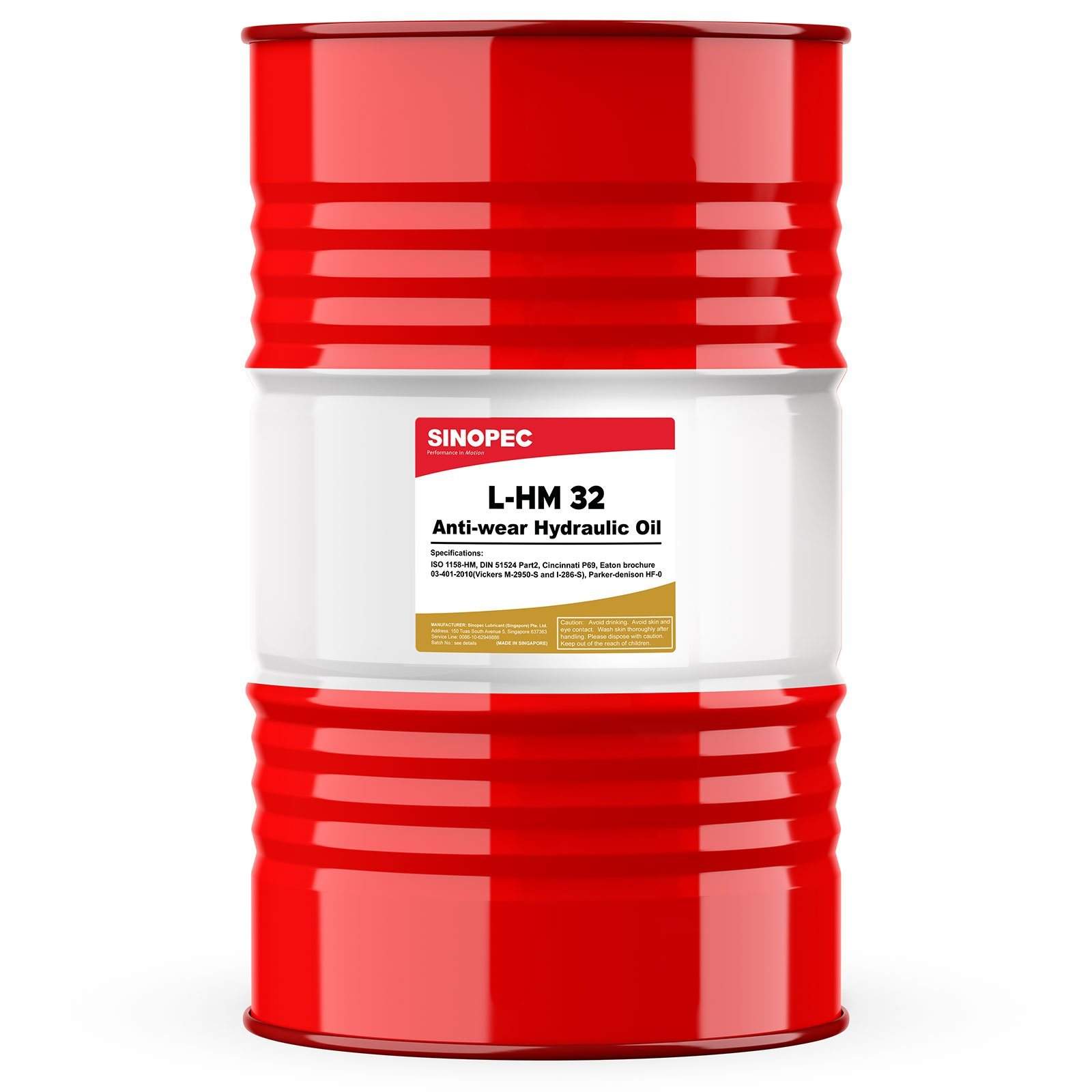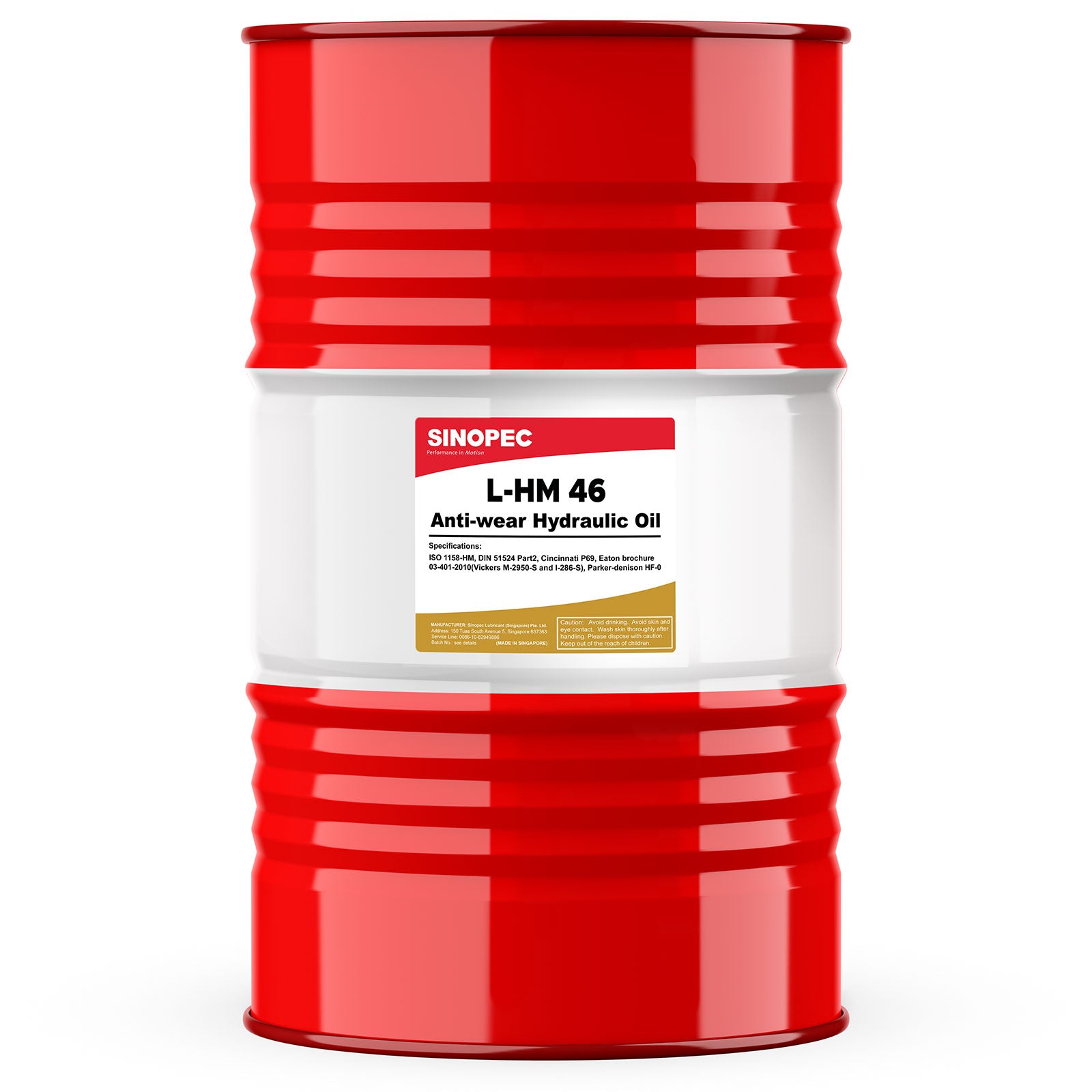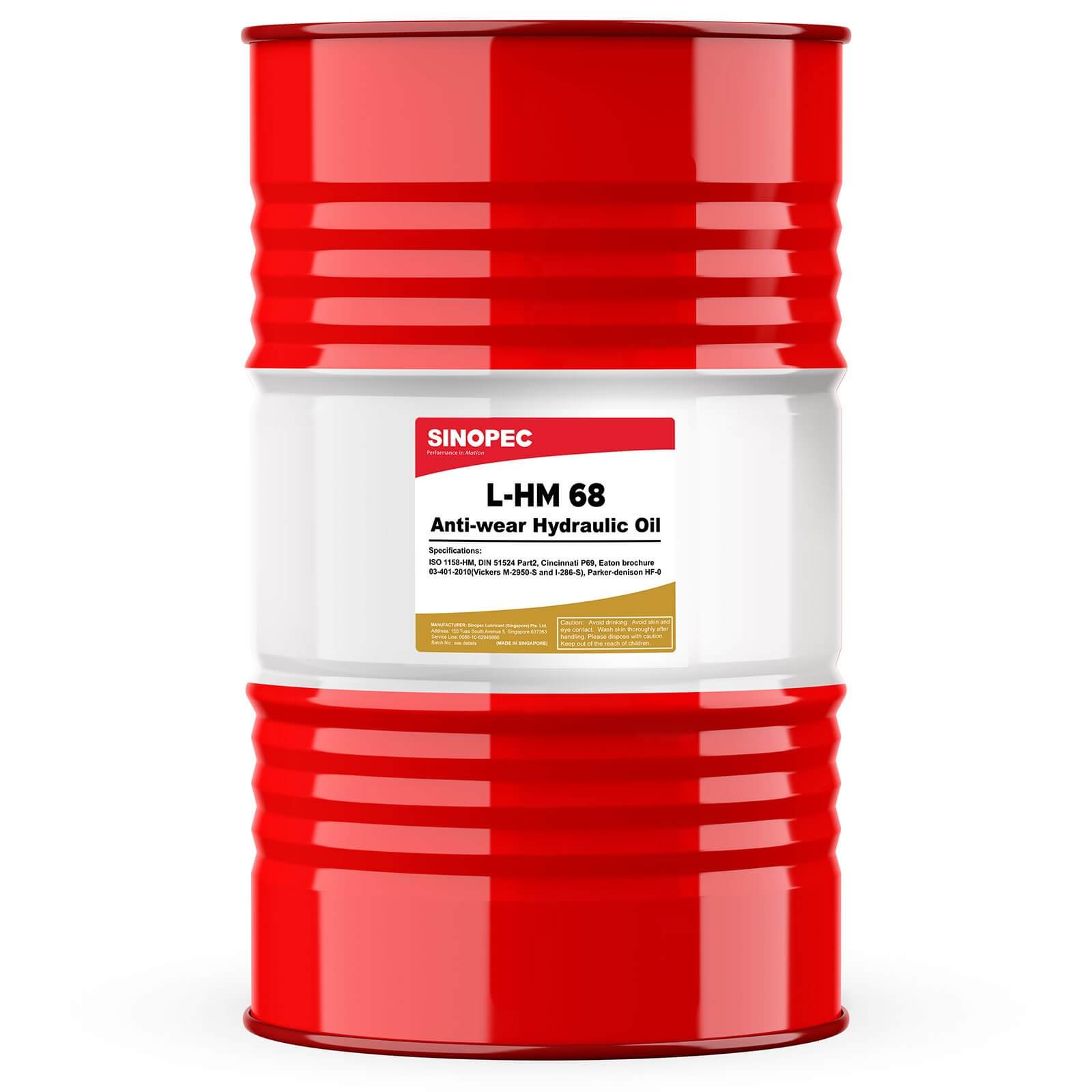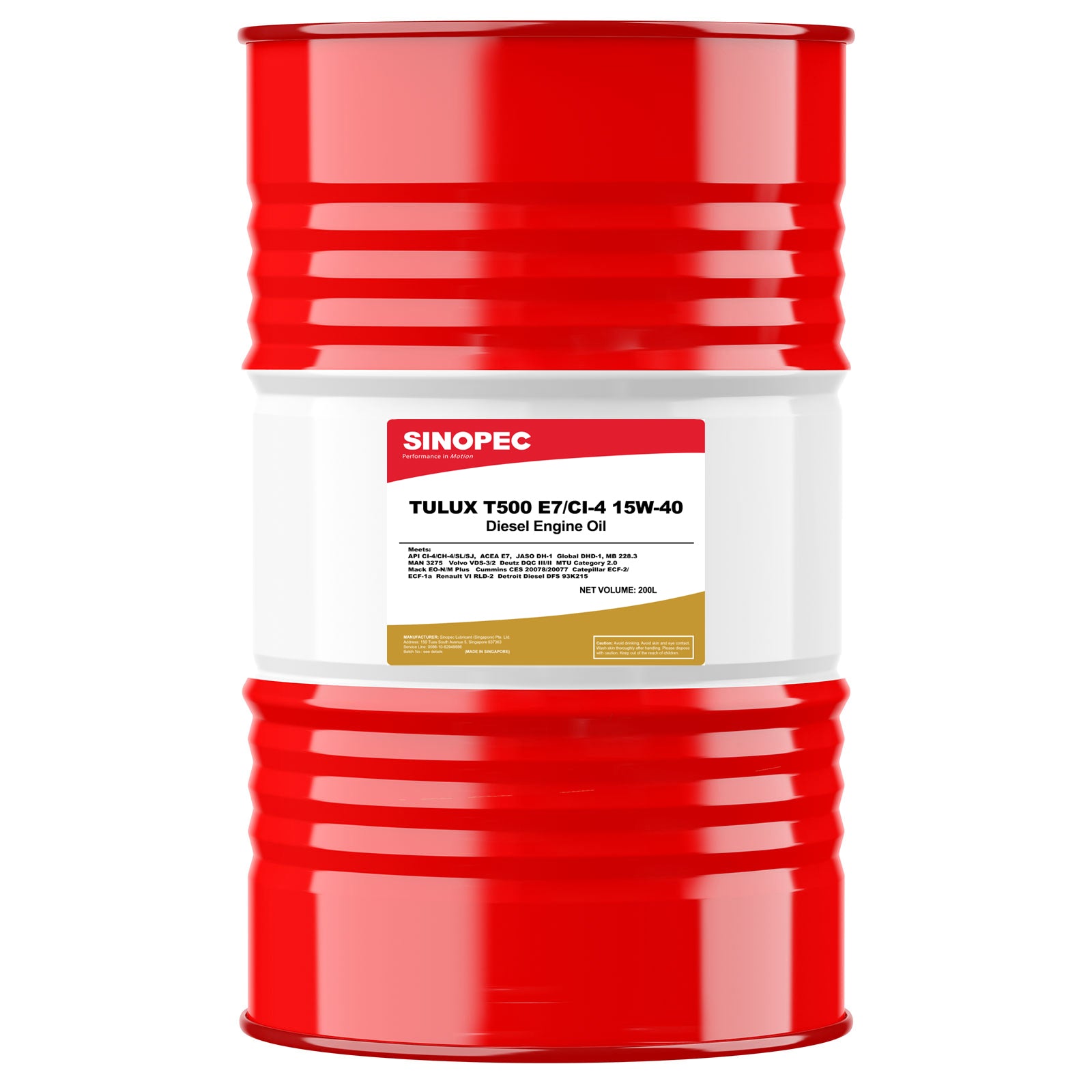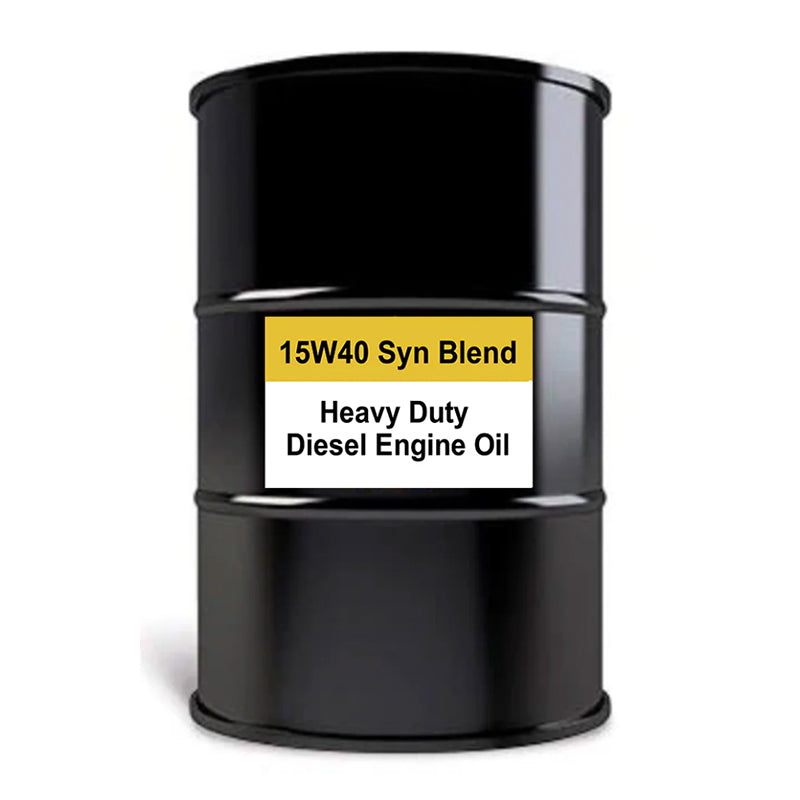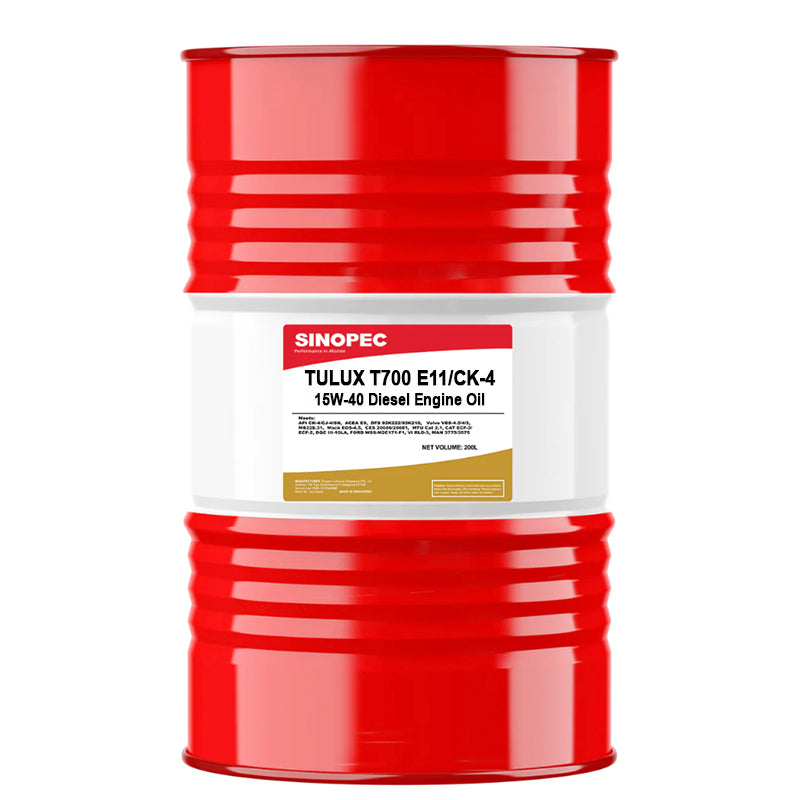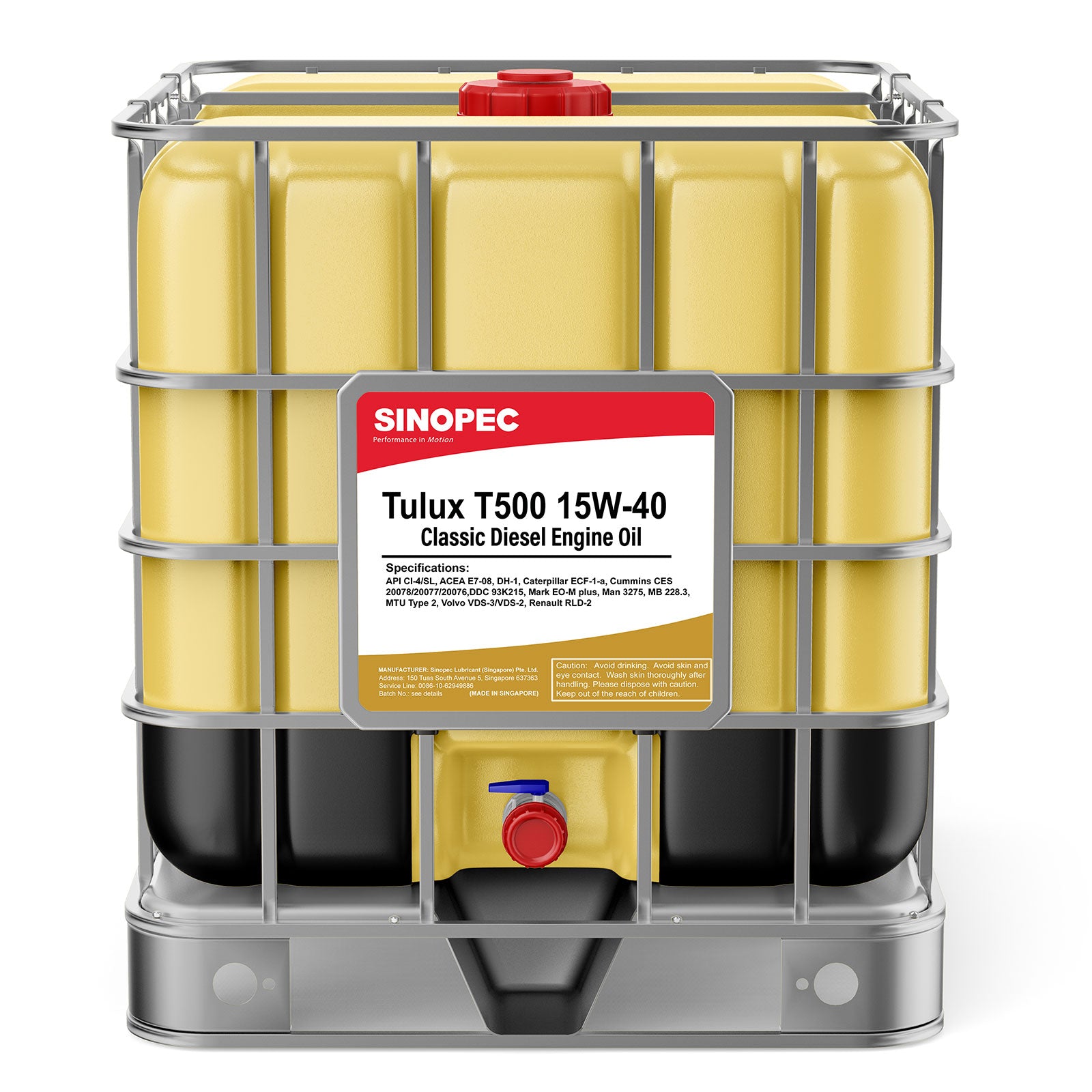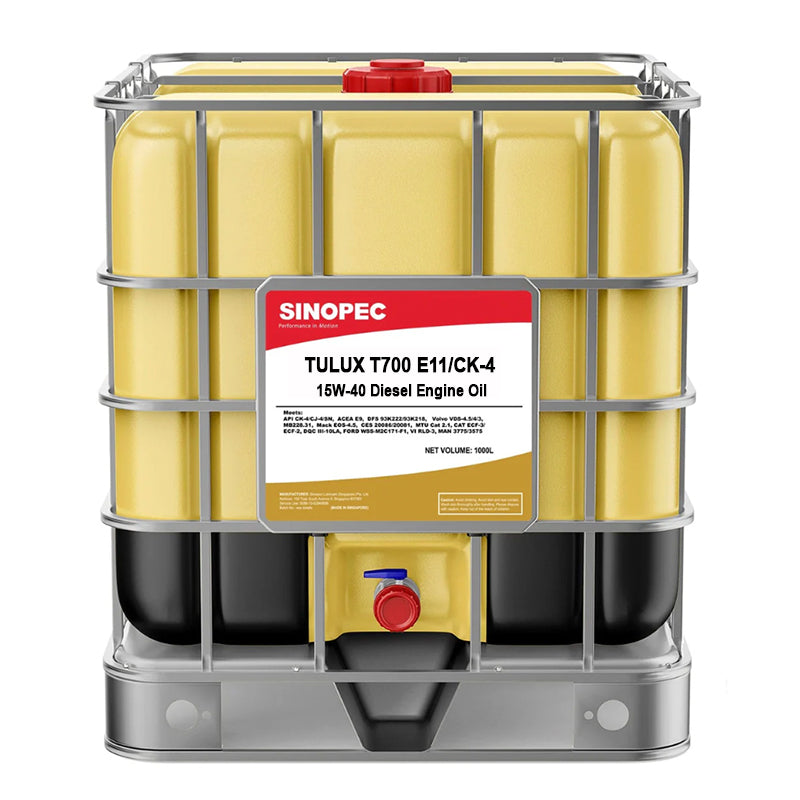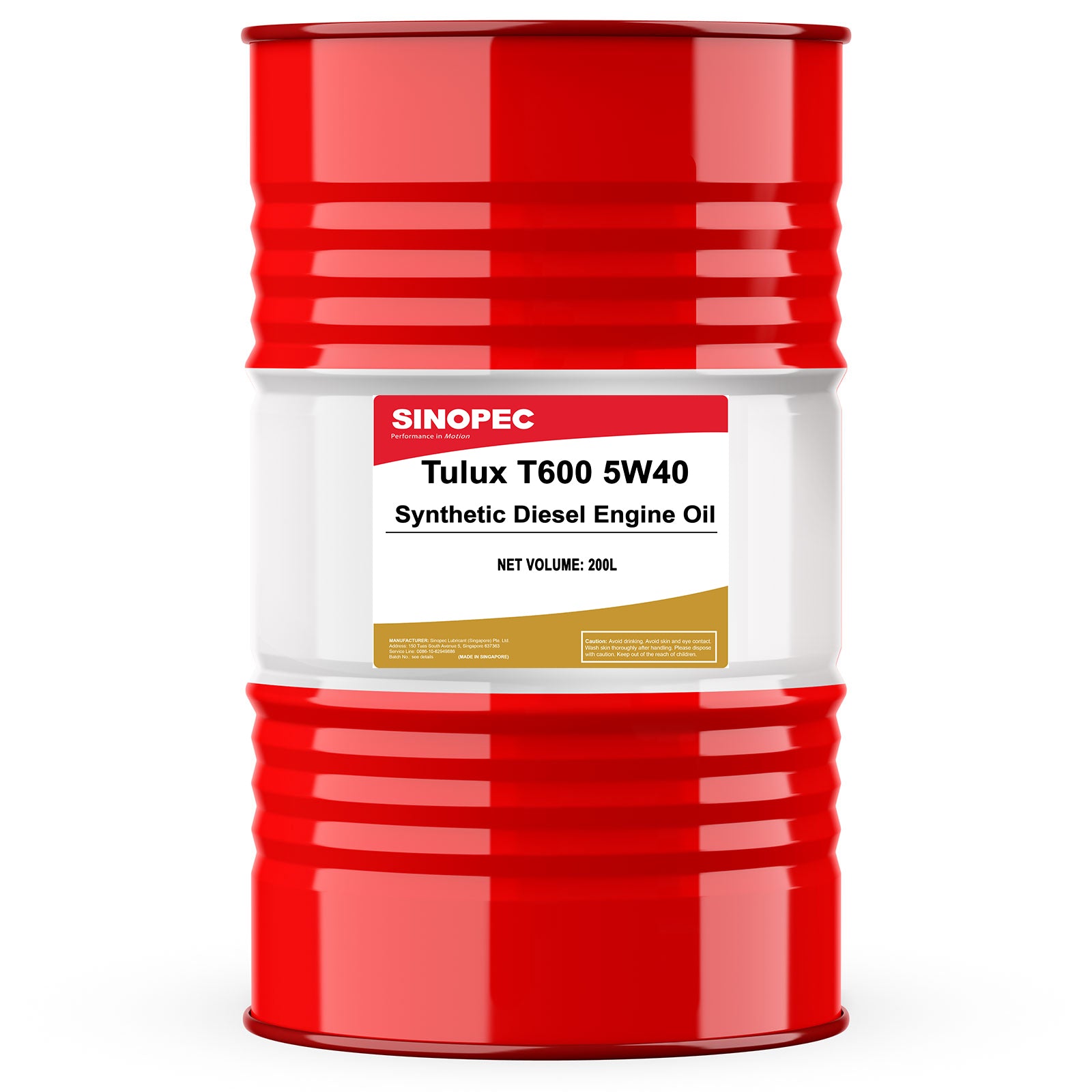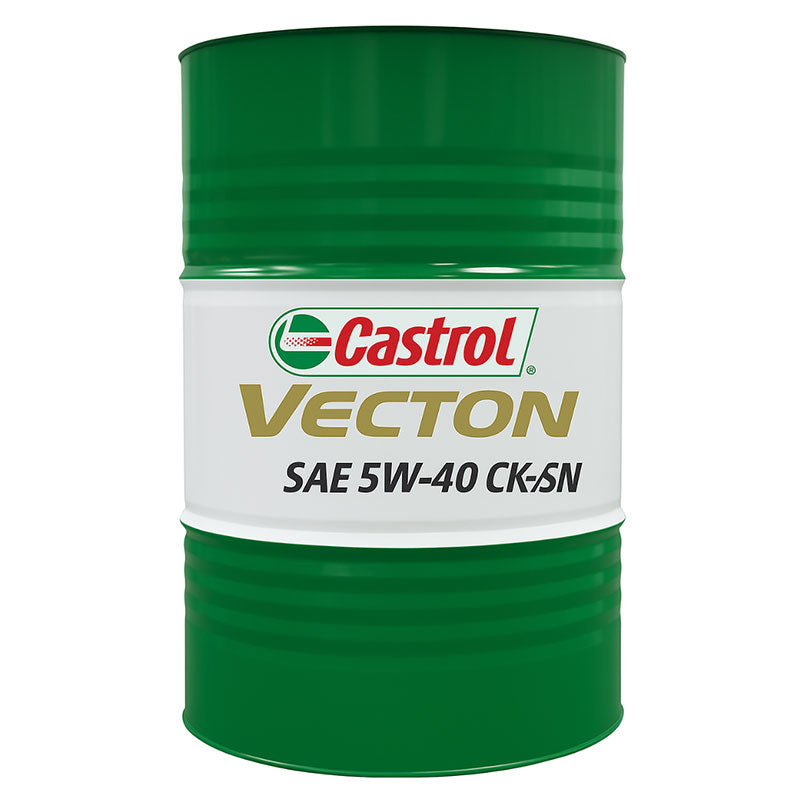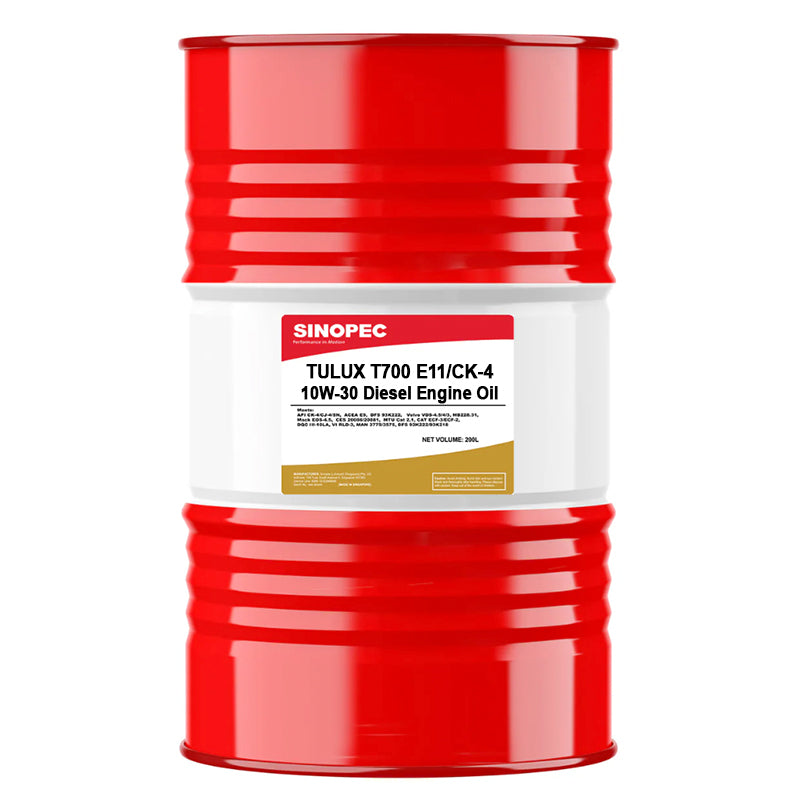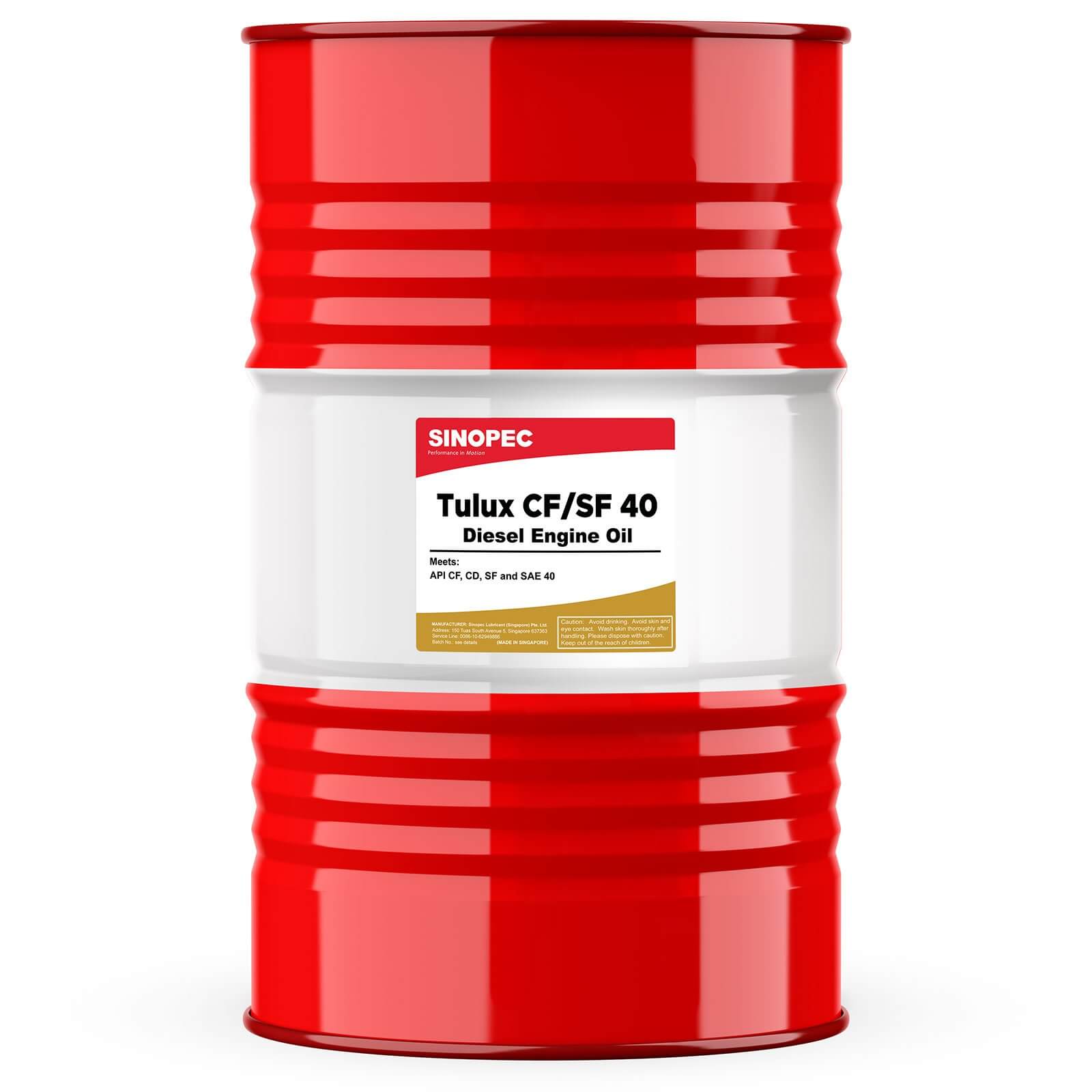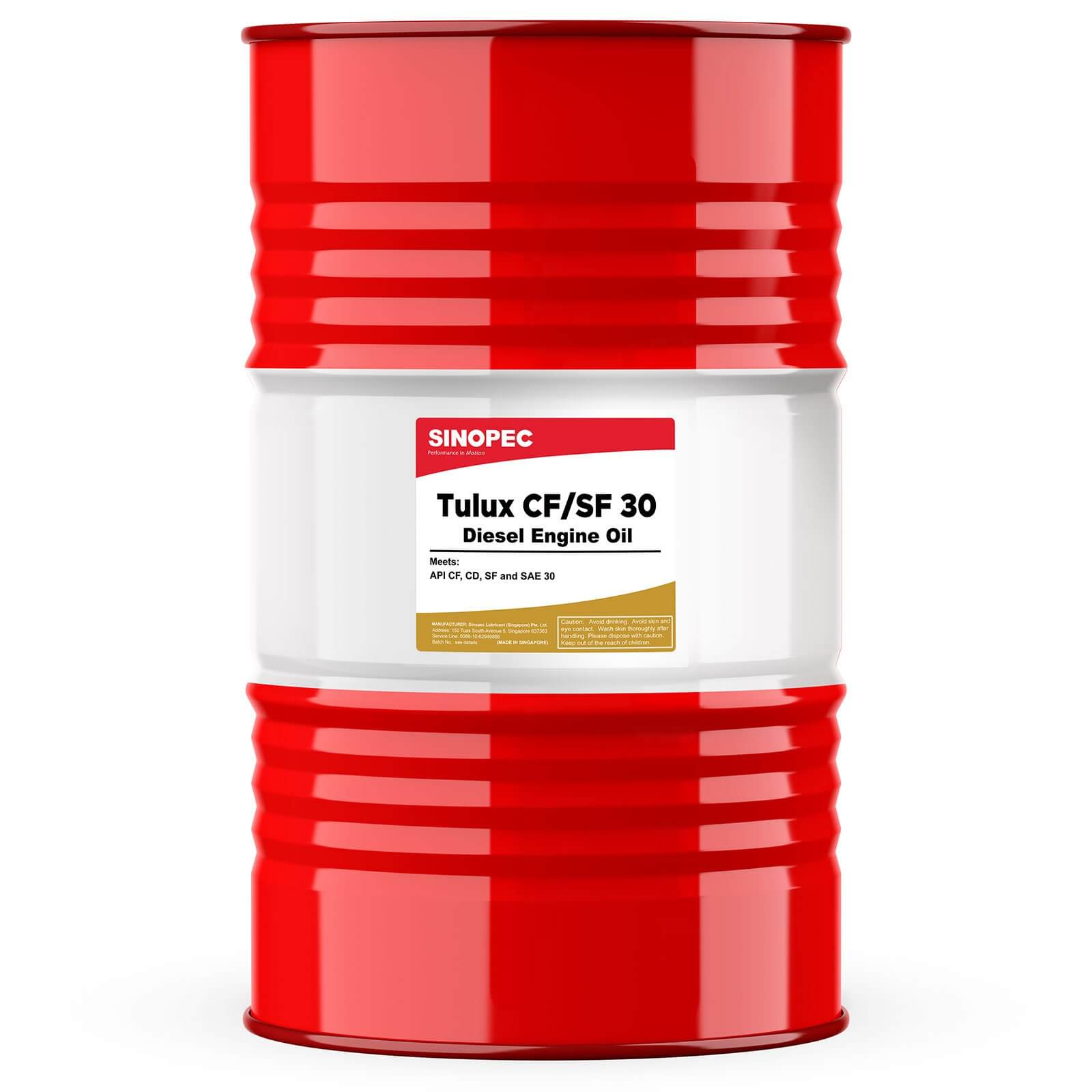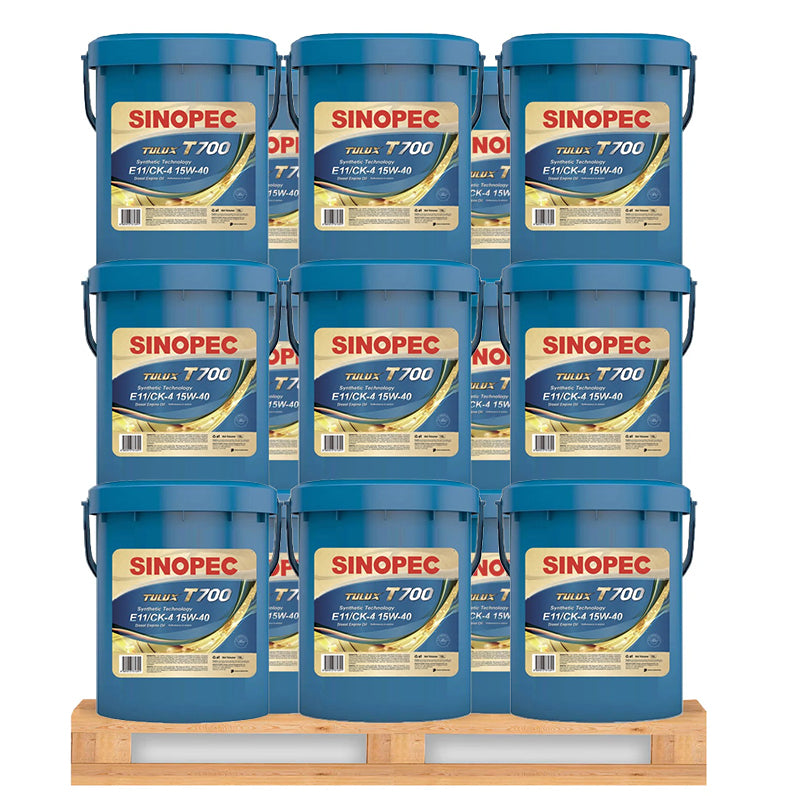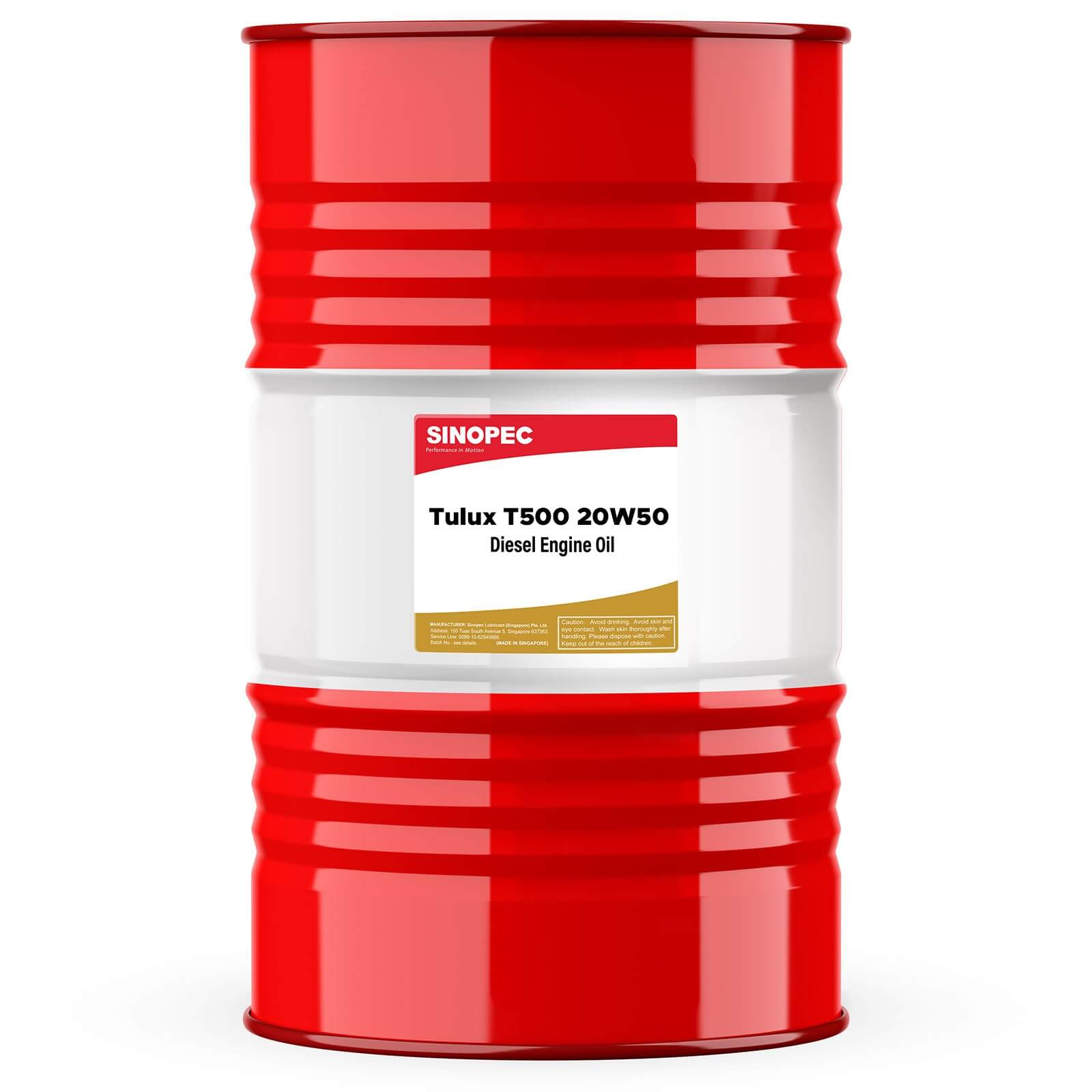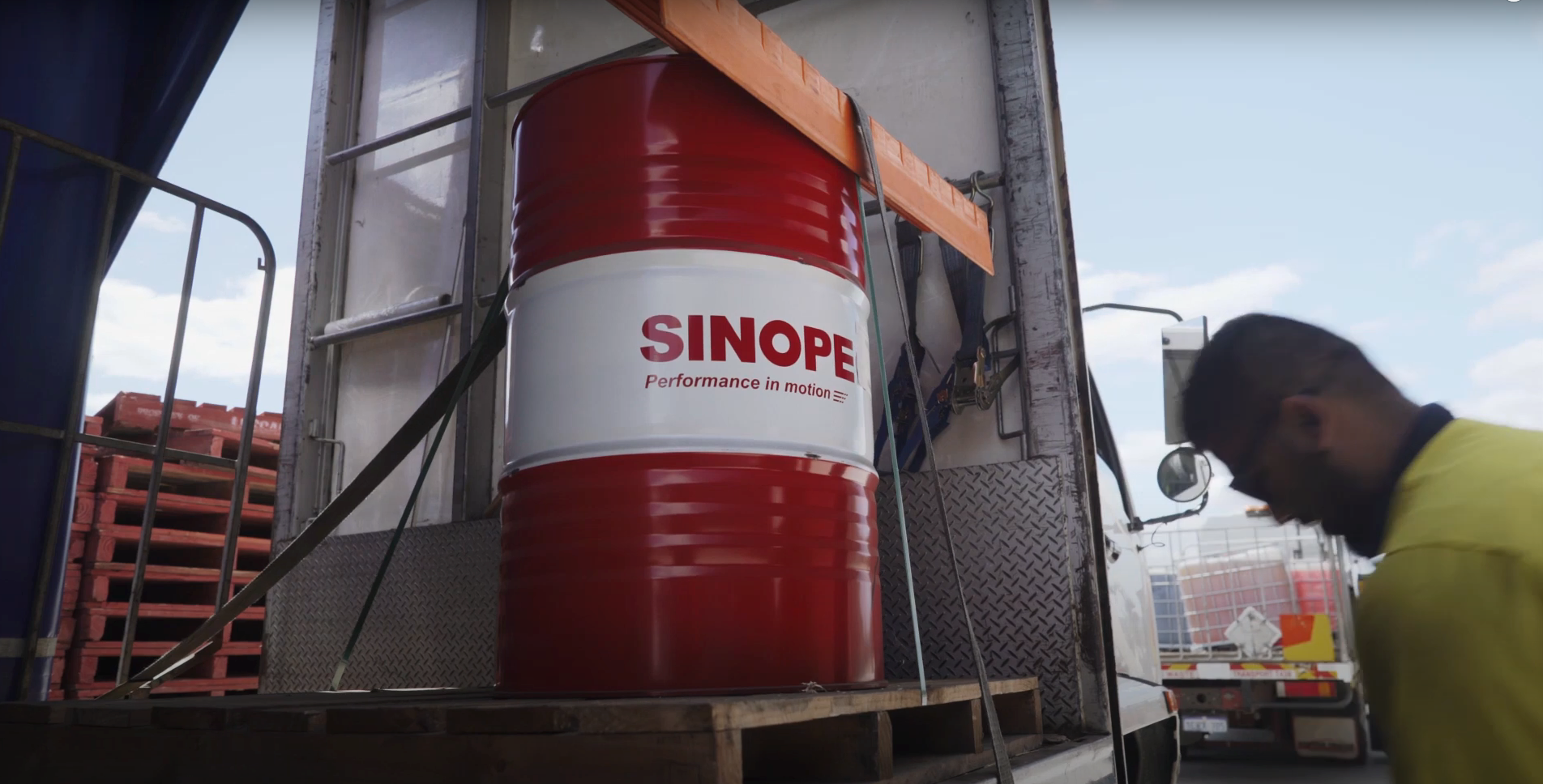What is Diesel Exhaust Fluid (DEF)?
DEF is short for diesel exhaust fluid and is a urea-based solution that reduces harmful nitrogen oxide emissions from diesel engines. DEF is composed of 32.5% high-purity urea, a naturally-occurring element, and 67.5% deionized water. DEF is clear, odorless and safe to handle.
What is the purpose of DEF?
DEF is the reactant necessary for the functionality of the selective catalytic reduction (SCR) system.
What is Selective Catalytic Reduction (SCR)?
Selective catalytic reduction (SCR) is one of the most cost-effective and fuel-efficient diesel engine emissions control technologies available. For passenger cars and light-duty trucks, it offers the ability to meet strict emissions and fuel efficiency guidelines affordably without compromising driving power and performance. In the commercial trucking industry, including heavy- and medium-duty trucks, the ability to reduce emissions to near-zero levels while also delivering a 3%-5% diesel fuel savings distinguishes SCR as one of the only emissions control technologies that is as good for business as it is for the environment.
What is urea?
Urea is a compound of nitrogen that turns to ammonia when heated. It is used in a variety of industries, including as a fertilizer in agriculture.
How is DEF added to an engine?
The solution is added to a separate storage tank in diesel-powered vehicles equipped with selective catalytic reduction (SCR) technology. During engine operation, the fluid is injected into the hot exhaust stream of the vehicle and helps break down the nitrogen oxide gases in the exhaust into nitrogen gas and water vapor, both harmless to the environment.
How will I know that the DEF I purchased will work?
The DEF you purchase should state and display the certification of the (API), and meet ISO 22241-1, specifications. This will ensure the proper purity and concentration (32.5%) of urea. DEF meets the ISO specification and is licensed by API.
What is API certification?
API certification is a voluntary program established that certifies and monitors that diesel exhaust fluid meets ISO specifications. The program was launched in March 2009. DEF currently meets ISO specification and is also API certified.
How often do I fill the DEF tank?
A basic rule of thumb is that for every 50 gallons of diesel fuel you will need one gallon of DEF. A gallon of diesel exhaust fluid will generally last about 300-500 miles.
Can I fill my own bottles of DEF?
It is not recommended that customers fill bottles of DEF for use in SCR systems due to the strict ISO requirements for maintaining DEF purity. SCR systems are sensitive to potential chemical impurities in DEF. Reusing bottles introduces the possibility of small droplets of leftover DEF crystallizing and plugging the DEF filter, which will directly compromise the SCR system.
When should I refill my tote?
It is not recommended to let your tote become completely empty. Totes should be refilled once there is approximately 2-3 inches of DEF left inside the tote. Allowing the tote to become empty introduces the possibility of small droplets of leftover DEF crystallizing and plugging the DEF filter, which will directly compromise the SCR system.
Is the 32.5% urea solution critical?
Yes, the 32.5% urea concentration is ideal as it provides the lowest freeze point. In addition, SCR systems are calibrated to the 32.5% concentration for optimum reduction of nitrogen oxide emissions during operation.
What is the freeze point of DEF?
A 32.5% solution of DEF will begin to crystallize and freeze at 12˚F. In a 32.5% solution, both the urea and water will freeze at the same rate, ensuring that as it thaws, the fluid does not become diluted or over-concentrated. The freezing and thawing of DEF will not cause degradation of the product.
Does DEF expand when frozen?
Yes, DEF expands by approximately 7% when frozen. DEF packaging and tanks are designed to allow for expansion.
How do I keep the DEF from freezing? What happens if the DEF freezes in the tank of the vehicle?
During vehicle operation, SCR systems are designed to provide heating for the DEF tank and supply lines. If DEF freezes when the vehicle is shut down, start up and normal operation of the vehicle will not be inhibited. The SCR heating system is designed to quickly return the DEF to liquid form and the operation of the vehicle will not be impacted. The freezing and thawing of DEF will not cause degradation of the product.
What is the shelf life of DEF?
The shelf life of DEF is a function of ambient storage temperature. DEF will degrade over time depending on temperature and exposure to sunlight. Expectations for shelf life as defined by ISO Spec 22241-3 are the minimum expectations for shelf life when stored at constant temperatures. If stored between 10˚F and 90˚F, shelf life will be one year. If the maximum temperature does not exceed approximately 75˚F for an extended period of time, the shelf life will be two years.
Should I be concerned about handling DEF?
No, DEF is a non-toxic, non-polluting, non-hazardous and non-flammable solution. It is stable, colorless, and meets accepted international standards for purity and composition. DEF is safe to handle and store and poses no serious risk to humans, animals, equipment or the environment when handled properly.
What should I do if I spill DEF?
If DEF is spilled, contain the spilled liquid and absorb it with an inert, non-combustible absorbent material, such as sand. Shovel the material into a suitable container for disposal. Spills into a drain should be avoided. If spilled into a drain, flush thoroughly with water. If DEF is spilled on your vehicle, rinse with water.
Is DEF corrosive?
DEF is corrosive to copper and brass as well as other materials. Only approved materials, such as high density polyethylene (HDPE), will be used in the DEF tank, packaging and dispensing equipment.
What measures have been put in place to prevent diesel from being pumped into the DEF tank?
The standard nozzle diameter for dispensing DEF has been designed at 19 mm versus the standard diesel fuel nozzle diameter which is 22 mm. In addition, the tank cap for the DEF tank is blue in color to further differentiate from the diesel tank.
What happens if a non-DEF substance is accidentally pumped into the DEF tank?
The SCR system will recognize solutions other than DEF, and the DEF indicator light will appear notifying the driver. Depending on the level of contamination in the tank, the vehicle may require servicing.
How do I store and handle DEF?
It is essential that DEF is stored and handled properly so that it remains pure and functions as it should. Even the smallest amount of contamination can compromise the effectiveness of DEF and lead to the breakdown of the SCR system. This means that certain handling instructions must be followed:
- DO NOT MIX WITH DIESEL FUEL
- Optimal storage temperature: 23˚F to 77˚F
- DEF will freeze at 12˚F
- Avoid direct exposure to sunlight
- ISO 22241 standards require the use of only stainless steel and/or certain plastics, such as high density polyethylene (HDPE) or polypropylene, to store DEF in order to prevent contamination and SCR failure.
- Materials specifically not recommended include non-ferrous metals and alloys (copper, aluminum, magnesium, silver, zinc and lead), solders containing non-ferrous metals, and nickel-coated plastics and metals.
What DEF package options are available?
DEF is available in a variety of sizes to meet the needs of any application:
- 2.5-gallon jugs with or without dispensing nozzles (available as single jugs or 2 per case)
- 55-gallon drums
- 275-330-gallon IBC totes

